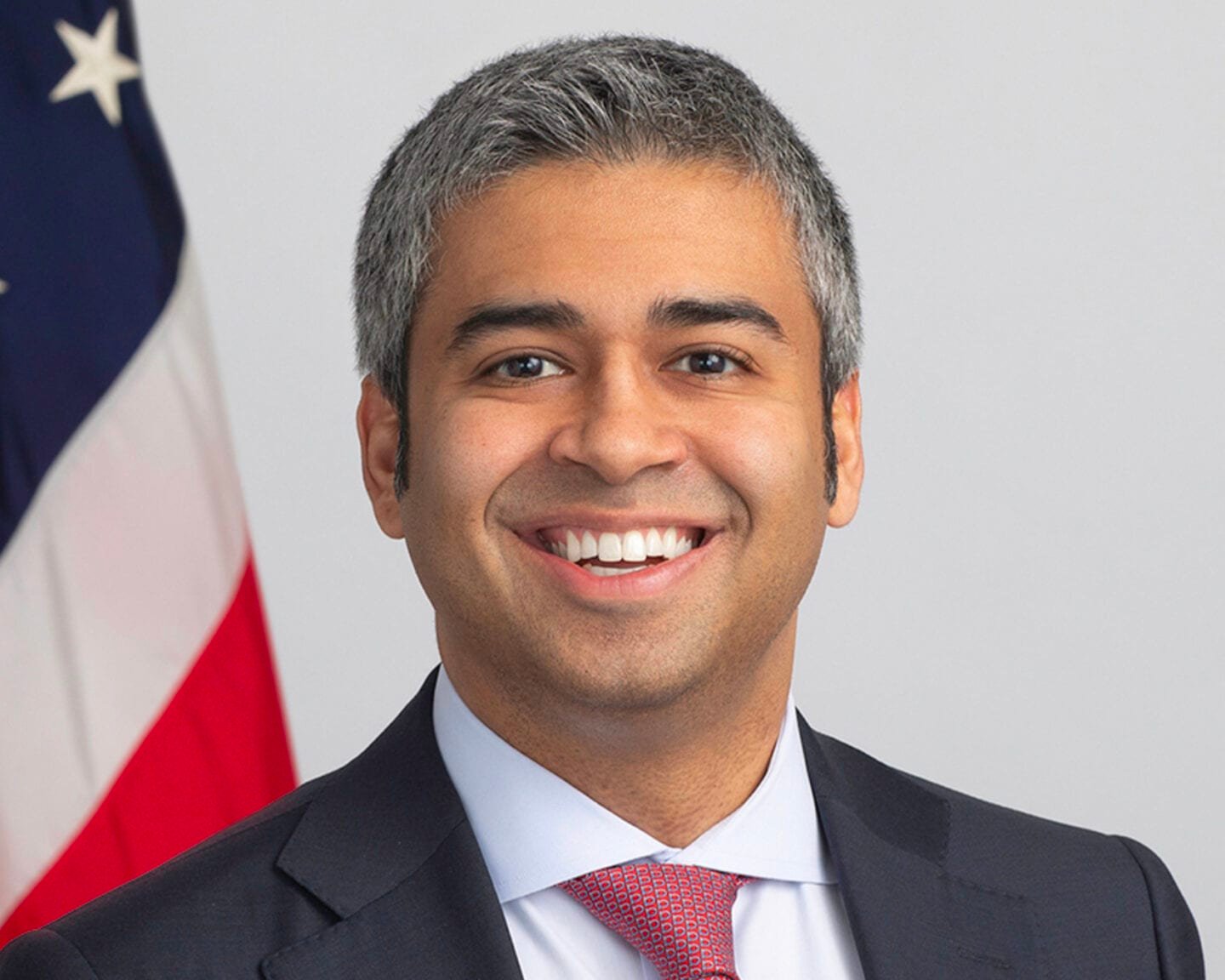
Erika Ayers Badan: Solving Food Insecurity One Dollar at a Time
This week, Erika talks with Allen Warch, Vice President of Food and Fresh at Dollar General, about how the company is transforming itself from a…
Thought Leader: Erika Ayers Badan

By WWSG Exclusive Speaker David Frum
“The main thing is to keep the main thing the main thing.”
This was the advice that Haley Barbour, the Republican National Committee chair, former governor, and onetime presidential candidate, liked to give to colleagues. It’s easy to say, but hard to do.
Look at Governor Ron DeSantis in Florida. His main thing should be delivering a strong economy and keeping schools open. Instead, he’s let the activist base of his party push him to identify himself as the man trying to shut down Disney World.
But it’s not only Republicans who get tugged in unhelpful directions by dogmatic activists. The New York Times reported Sunday that President Joe Biden was warned by his own pollster as early as April 2021 about the damage he was incurring through the turmoil on the border and violent crime in American cities. Yet Biden was deterred from early action to enforce effective border control by activists in his own coalition who wanted a more welcoming approach. A coherent border policy still eludes the administration.
Now, a year later, the administration seems poised to walk into the same trap on student debt. The Atlantic’s Jerusalem Demsas has powerfully documented the grave political hazards of the issue. Only 13 percent of Americans carry any federal student debt in the first place, and those who carry the most are also among those likely to earn the most in the future.
The issue offers little political benefit to Biden. As Demsas reported, the percentage of Americans who rate student debt as a top concern is too small for pollsters even to measure. But if carried out, student-debt relief could bring large downside risk because it so obviously involves a transfer of wealth from average-income Americans to the most energized, but also more advantaged, parts of the Democratic coalition.
Back in the 2020 Democratic-primary campaign, Biden himself appeared to have foreseen the danger. Student-debt relief was seized upon as a signature issue by Elizabeth Warren, the candidate who seemed most intent on piling up votes among college-educated activists, promising to cancel up to $50,000 for 95 percent of borrowers. Biden endorsed the Warren concept, but proposed a more modest sum (of “at least” $10,000 per borrower). As president, though, Biden has hesitated.
On Thursday, Biden again affirmed a commitment to do something on the subject—but exactly what and how remain hazy. The president’s instincts seem to pull him toward his moderate base, while his staff apparently tries to push him toward the progressive wing. On immigration, the progressives won, to Biden’s cost. Now they seem on the verge of winning again—and again to Biden’s cost.
One of the apparent mysteries of the moment is why this administration is not polling better.
Biden is presiding over the tightest job market in years, if not in decades. The administration has achieved strong success against the pandemic; 66 percent of Americans older than 5 are fully vaccinated, as are 90 percent of those older than 65. Biden has passed two very substantial and popular spending bills: one for COVID relief, the other to actually deliver the infrastructure projects that became such a punch line under Donald Trump. Without risking American lives, he has supplied Ukraine with the means to halt—and perhaps defeat—the most dangerous aggression on the European continent since 1945. He has also made good on his vow to appoint and confirm the first Black woman to the U.S. Supreme Court.
Yet Biden’s numbers have slumped, and his party seems doomed to a “shellacking” in November 2022, as Barack Obama described the Democratic defeat in the 2010 midterm elections.
Some of the trouble seems beyond Biden’s control: a global spike in inflation caused by post-COVID supply shocks and the Russian invasion of Ukraine. And on violent crime, the murder rate started spiking in the summer of 2020, some six months before Biden took office.
But Biden also gets in trouble because his party base refuses to accept the implications of the 2020 election. The voters delivered a sharp personal repudiation of Trump: 81 million votes to 74 million. But at the same time, the Democrats lost ground in Congress—in great part because they failed to win over enough non-college-educated voters, rural voters, and Latino voters, some portion of whom were surely alienated by the progressive themes of 2020.
Of all those themes, the student-debt idea may rank among the most dangerous to Biden. The amount of money at stake may be comparatively small, but the symbolism of what’s being done could be huge: a tax on the voters whom the Democratic Party most desperately needs to regain. And all in order to benefit small but internally influential blocs of activists.
Nobody is proposing to forgive $10,000 of federally guaranteed home-mortgage debt. So why student debt? It’s a classic case of opting for strong claimants over strong claims.
In the same vein, student-debt forgiveness also relieves the colleges and universities that drove students into debt in the first place. Instead of pressure on providers to control costs and steady prices, debt relief suggests to colleges and universities that affordability should be somebody else’s concern, not theirs.
The proposed debt forgiveness would also tend to confirm the image of Biden as a president not strong enough to restrain and direct his coalition: The president’s personal reluctance is being visibly overcome by other factions in his party. The move risks repeating earlier politically damaging mistakes of the president’s first term—only this time, a lot closer to an election.
It’s said that a cat will not sit twice on the same hot stove. Maybe the Biden administration should consider hiring some cats as political advisers?
Erika Ayers Badan: Solving Food Insecurity One Dollar at a Time
This week, Erika talks with Allen Warch, Vice President of Food and Fresh at Dollar General, about how the company is transforming itself from a…
Thought Leader: Erika Ayers Badan
Niall Ferguson: AI’s Great Brain Robbery
ChatGPT and its like have swept through academia, changing how students work, write and think. The bots are here to stay, so we need to…
Thought Leader: Niall Ferguson
David Frum: Canada-U.S. trade negotiations and Canadian nationalism
Leading author, journalist, and thinker David Frum and The Hub’s editor-at-large Sean Speer discuss the state of Canada-U.S. relations, including the ongoing trade negotiations as…
Thought Leader: David Frum

